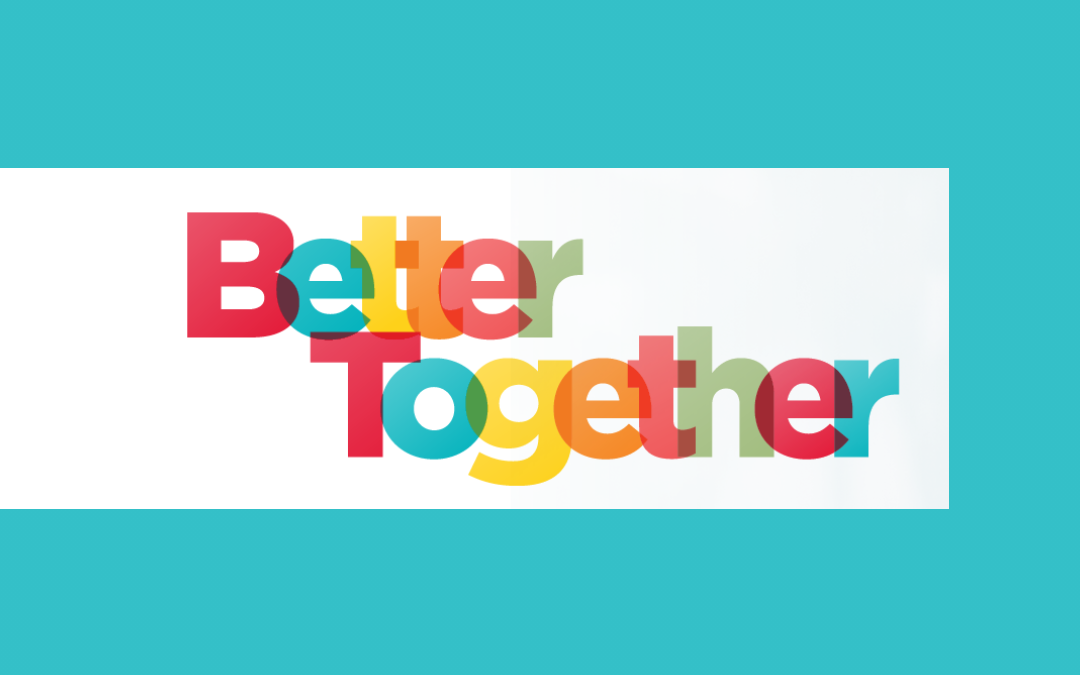Rutgers Global Health Institute and Rutgers University Alumni Association recently co-presented a virtual event, “Better Together: How Rutgers is Helping to Create a More Equitable Recovery from COVID-19.”
Held on June 8, the event brought together university and community partners for a discussion about pandemic-related challenges minority communities are facing across the state, problems unique to underserved neighborhoods in Rutgers’ backyard, and what is needed to address these disparities—during the pandemic and beyond.
Watch the Better Together event recording:
Michelle Bodden, chief diversity and inclusion officer for the New Jersey Economic Development Authority, discussed programs the state has implemented to help communities in need. Several of these programs have focused on small and micro businesses, providing grants, loans, and discounts on personal protective equipment (PPE). “We know that our small businesses in the state are the backbone of our economy,” Bodden said. She added that by supporting small businesses, and by using a portion of the funds to address disparities faced by minority-owned businesses, “we’re looking to really build back better and to stimulate the economy that way.”
Arpita Jindani, manager of education and training at Rutgers Global Health Institute, spoke about a program she leads on behalf of the institute, Equitable Recovery for New Jersey’s Small Businesses. The Equitable Recovery program is designed to help small businesses and nonprofit organizations in low-income and minority communities, which have struggled disproportionately before the pandemic and even more since. “Vulnerable groups are often referred to as hard-to-reach populations, but we view that a bit differently,” she said. “We think vulnerable groups are hardly reached populations.”
Jaymie Santiago, president and CEO of New Brunswick Tomorrow, gave an overview of the local nonprofit’s focus in addressing the needs of New Brunswick’s large immigrant populations, as well as the many challenges the pandemic has introduced, including job loss and food and housing insecurity. New Brunswick Tomorrow is a key partner in the institute’s Equitable Recovery program.
Charles Bergman, director of New Brunswick Tomorrow’s Esperanza Neighborhood Project, described the neighborhood as predominantly immigrant, renter, poor, and working class, with many young families and children in the public school system. “That’s what we see reflected in the businesses that we serve, as well,” he said. “Many small mom-and-pop, immigrant-run businesses, woman-owned businesses, folks that have made a life for themselves as entrepreneurs, often without a lot of formal support, serving the local residential immigrant population.” Many business owners are not English speakers, Bergman said, “so it can be really hard [for them] to access good information about resources available to them or how to comply with regulations.” This applies to running a business safely during the pandemic as well as resources to help businesses and their employees access COVID-19 testing and vaccines.
Kevin Lyons, a core faculty member of Rutgers Global Health Institute, supply chain management expert, and associate professor of professional practice at Rutgers Business School–Newark and New Brunswick, discussed the implications of disparities in procurement and provided an example of a recent purchasing disparity study in Jersey City. The study looked at six years of public purchasing contracts within the city and determined how equitably those contracts were awarded among businesses owned by women, minorities, and veterans. The disparities uncovered by the study in Jersey City, and others following the same model, have been used to inform future purchasing policy.
Lyons acknowledged that these disparities are ongoing issues, and the pandemic just made them worse. “We have to continue with this work even beyond the pandemic,” he said. “We’re certain to come back, but what I’m trying to do is have folks come back stronger than they were before. Later, he added, “If we do not prop up and work with our small business community, then they’re going to be unfortunately left behind again.”

